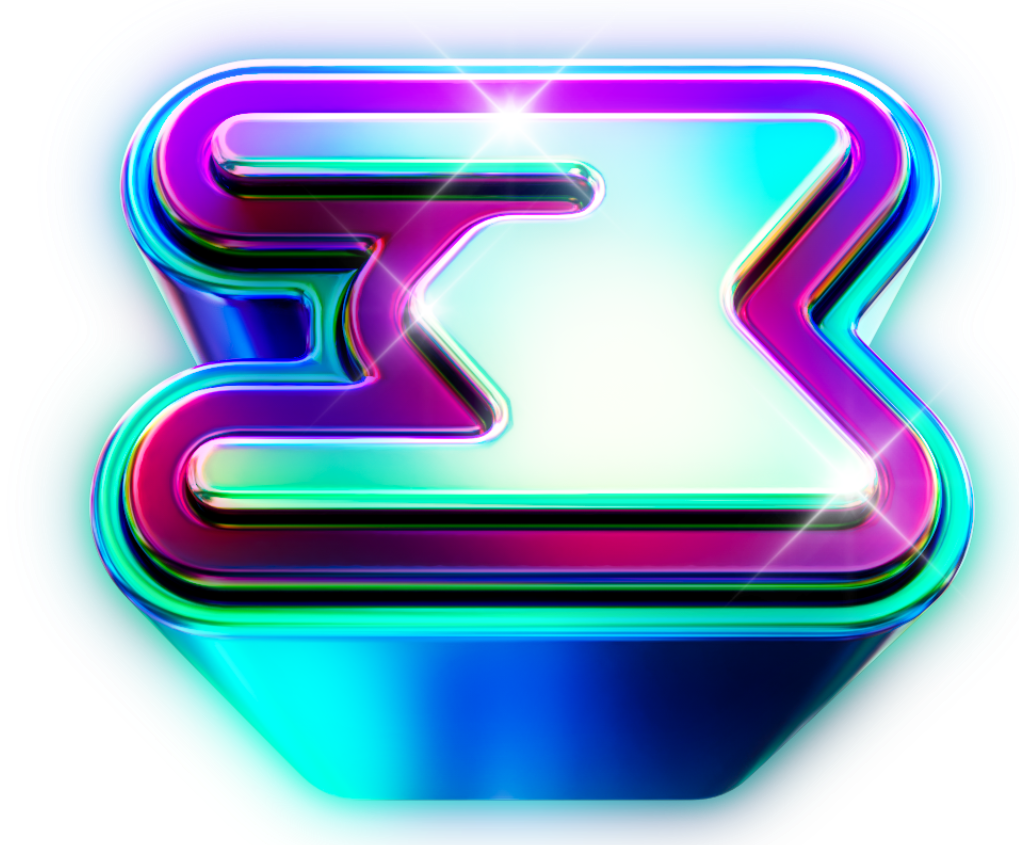The web is undergoing a revolution. Web3, the next generation of the internet, is built on decentralized protocols and technologies that aim to give users more control, transparency and security. If you want to understand the foundations of this new web, you need to know the key protocols powering it.
Web3 represents a seismic shift in how the internet operates. Instead of large tech companies controlling networks and platforms, control and data are distributed across users through blockchain technology, decentralized apps (dApps) and token-based economies. New protocols are emerging all the time that enable different aspects of this user-owned web.
In this post, we provide a comprehensive overview of the most important Web3 protocols across categories like decentralized finance (DeFi), decentralized storage, decentralized identity and more.
Also Read: Web3 Applications: The Future of the Internet?
List of Web3 Protocols
1. Ethereum
Ethereum is undoubtedly the most well-known web3 protocol. It is a decentralized platform that enables the creation and execution of smart contracts. With its native cryptocurrency, Ether (ETH), Ethereum has become the foundation for numerous decentralized applications (dApps) and decentralized finance (DeFi) projects.
2. Polkadot
Polkadot is a multi-chain platform that allows different blockchains to interoperate and share information. It aims to create a scalable and secure network of blockchains, known as a “parachain ecosystem.” Polkadot’s unique architecture enables cross-chain communication and the transfer of assets between different chains.
3. Cosmos
Similar to Polkadot, Cosmos is a network of interoperable blockchains. It provides a framework for building scalable and customizable blockchain applications. Cosmos uses the Tendermint consensus algorithm and the Inter-Blockchain Communication (IBC) protocol to facilitate communication between different chains within its ecosystem.
4. Filecoin
Filecoin operates as a decentralized storage platform, motivating individuals to lease their spare storage capacity. It allows individuals and organizations to store and retrieve data in a secure and efficient manner. Filecoin utilizes the InterPlanetary File System (IPFS) protocol, ensuring content integrity and censorship resistance.
5. Avalanche
Avalanche is a high-performance blockchain platform that aims to provide fast and secure decentralized applications. It utilizes a consensus protocol called Avalanche, which enables thousands of validators to reach consensus quickly. Avalanche’s architecture allows for the creation of custom blockchains, making it highly flexible and adaptable.
6. Tezos
Tezos is a blockchain platform designed for self-amendment, facilitating the development of smart contracts and decentralized applications. It uses a unique consensus algorithm called Liquid Proof-of-Stake (LPoS), which allows token holders to participate in the block validation process. Tezos also supports formal verification, ensuring the correctness of smart contracts.
7. Solana
Solana is a cutting-edge blockchain platform tailored for decentralized applications and cryptocurrency-focused initiatives. It achieves high throughput and low latency by utilizing a combination of Proof-of-History (PoH) and Proof-of-Stake (PoS) consensus mechanisms. Solana’s scalability and speed make it suitable for applications that require real-time data processing.
8. NEAR Protocol
NEAR Protocol is a developer-friendly blockchain platform that aims to make decentralized applications accessible to mainstream users. It offers a scalable and secure environment for building and deploying applications. NEAR Protocol uses a unique consensus mechanism called Proof-of-Stake Threshold (PoS Threshold) to achieve consensus and secure the network.
9. Cardano
Cardano is a blockchain platform designed to offer a stable and eco-friendly foundation for creating decentralized applications. It utilizes a research-driven approach and a unique consensus algorithm called Ouroboros. Cardano’s focus on formal methods and peer-reviewed research sets it apart from other blockchain platforms.
10. Binance Smart Chain
Binance Smart Chain (BSC) is a blockchain platform created by Binance, a leading cryptocurrency exchange. It offers compatibility with the Ethereum Virtual Machine (EVM), allowing developers to easily port their Ethereum-based applications to BSC. BSC’s low transaction fees and fast block times make it an attractive option for developers and users.
Read: A Comprehensive Guide to Becoming a Web3 Developer
Conclusion
Web3 protocols have revolutionized the way we interact with the internet and blockchain technology. The protocols mentioned in this article represent just a fraction of the web3 ecosystem, but they showcase the diversity and potential of this emerging field. Whether you are a developer, investor, or enthusiast, exploring these protocols can provide valuable insights into the future of decentralized applications and the internet as a whole.
Remember, this list is not exhaustive, and new web3 protocols are constantly being developed. Stay curious, stay informed, and keep exploring the exciting world of web3!





